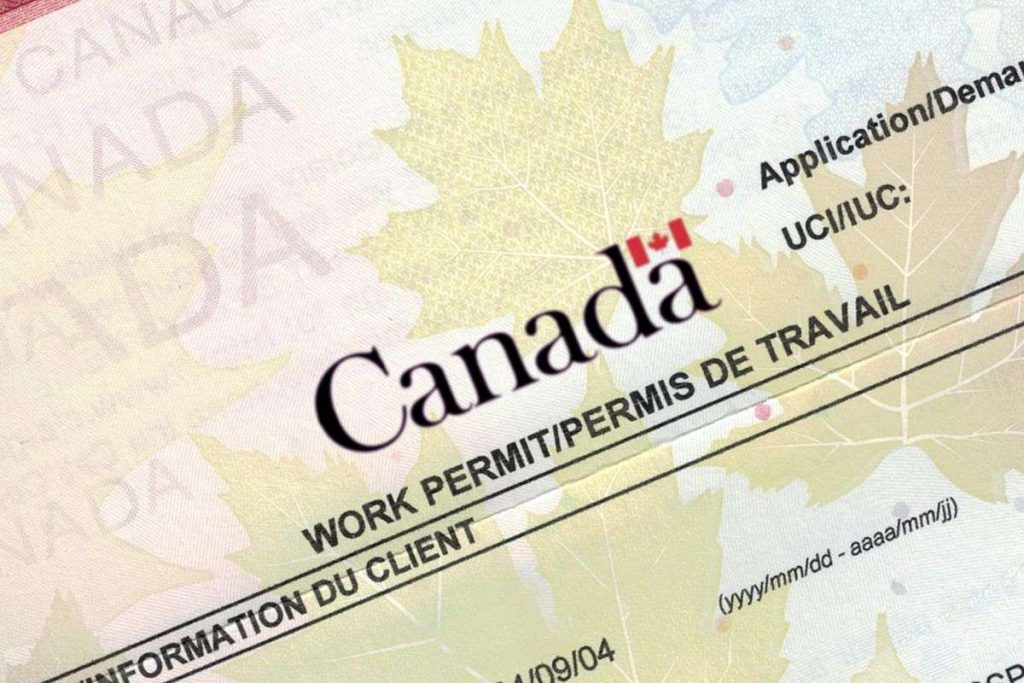Canada is a country known for its vibrant music scene, from world-renowned artists to diverse cultural performances. For musicians wanting to take their career to the next level, Canada offers great opportunities. But to fully immerse yourself in the Canadian music industry as a non-citizen, you’ll likely need a work permit.
This guide will help you understand how to get a Canadian work permit and why it can unlock doors for your music career.
Why Canada?
Canada’s music industry is diverse and growing, with genres ranging from pop and rock to indigenous and electronic music. Major cities like Toronto, Montreal, and Vancouver are home to thriving music hubs where you can network, perform, and grow your fanbase.
The country also has numerous music festivals, record labels, and industry professionals who are always on the lookout for fresh talent.
Do Musicians Need a Work Permit?
If you’re not a Canadian citizen or permanent resident and you want to work or perform in Canada, you’ll generally need a work permit. However, there are some exceptions. Short-term performers, for example, may not need one if they are performing in certain venues such as bars, restaurants, or festivals, and if their stay is less than 15 days.
But if you’re planning to stay longer, book multiple shows, or engage in other types of professional work like recording an album, a work permit is usually necessary.
Types of Work Permits for Musicians
There are two main types of work permits that musicians can apply for:
- Employer-Specific Work Permit: This permit ties you to a specific employer, such as a concert promoter or venue. The employer will need to provide a job offer, and you’ll be authorized to work only for that employer.
- Open Work Permit: This permit gives you more flexibility, as it is not tied to a specific employer. However, these permits are more difficult to obtain, and they are often issued under special circumstances.
Applying for a Work Permit
To apply for a Canadian work permit, you’ll need a few key documents which include the following:
- Job Offer: Your employer in Canada will need to provide you with a formal job offer.
- Labour Market Impact Assessment (LMIA): In most cases, the employer must also obtain an LMIA, proving that hiring you won’t negatively affect Canadian workers. However, in some cases, musicians are exempt from this requirement.
- Proof of Experience: Show that you are qualified for the job, such as by providing your resume, music portfolio, or proof of past performances.
Once you have these documents ready, you can submit your application online through the Government of Canada’s website.
Benefits of a Canadian Work Permit
Getting a Canadian work permit opens up a world of opportunities for your music career. You’ll have the chance to perform in various cities, collaborate with Canadian artists, and potentially gain international recognition. In addition, Canada’s multicultural society provides a broad audience, offering different avenues for musical expression and creativity.
Final Thoughts
Canada is a land of opportunity for musicians, but navigating the work permit process is crucial to taking full advantage of what the country has to offer. By obtaining the right work permit, you can unlock new possibilities for your music career and make a name for yourself in one of the world’s most exciting music markets.

